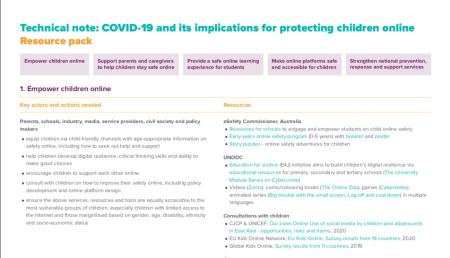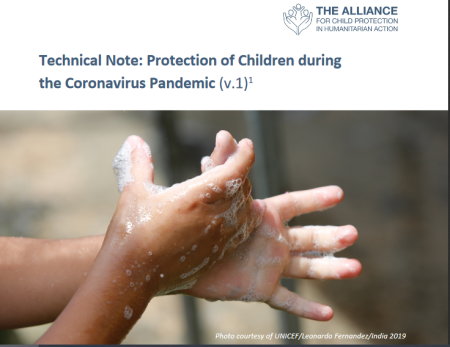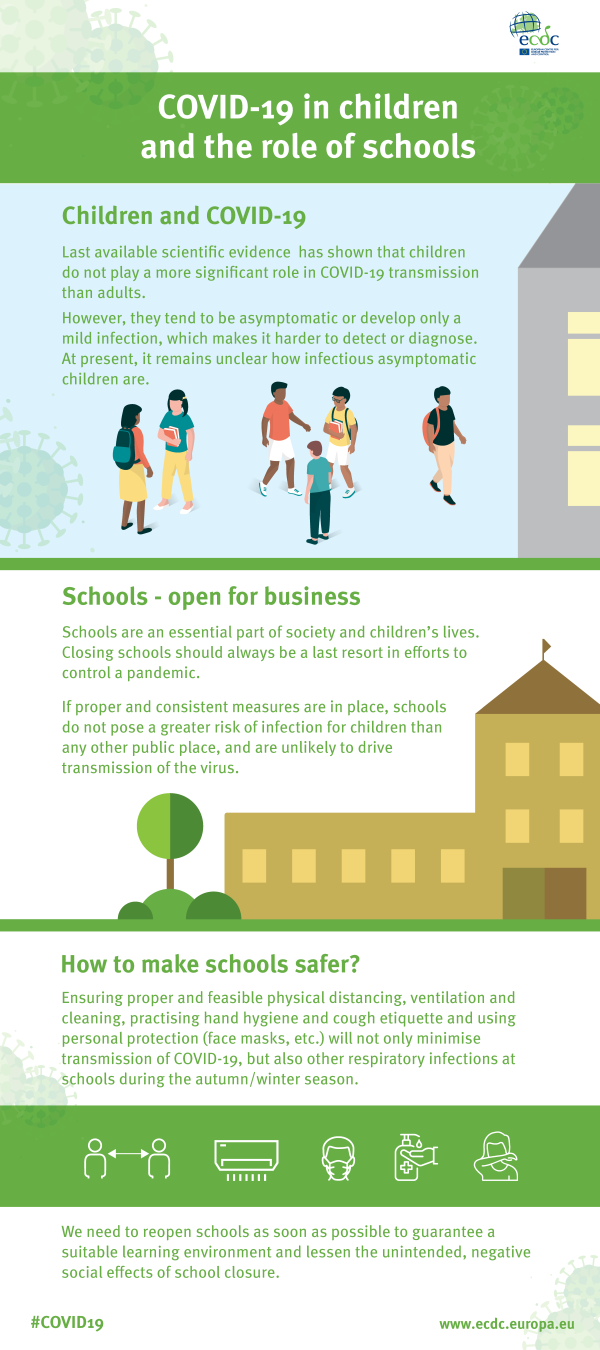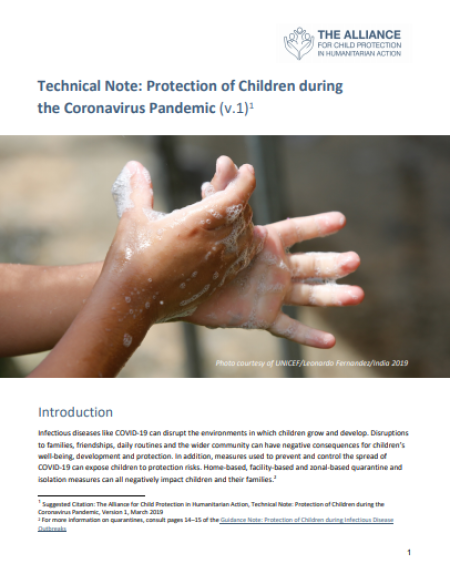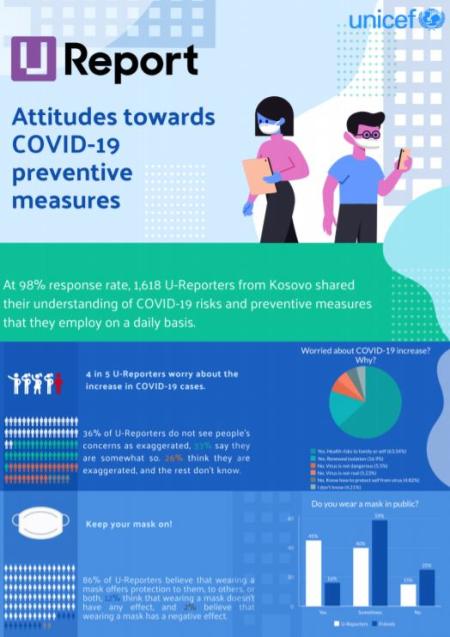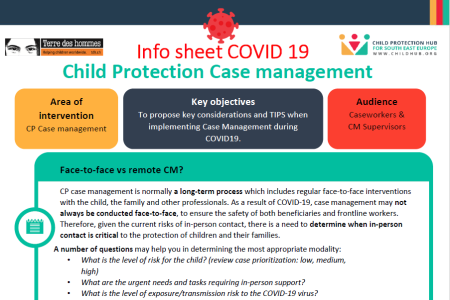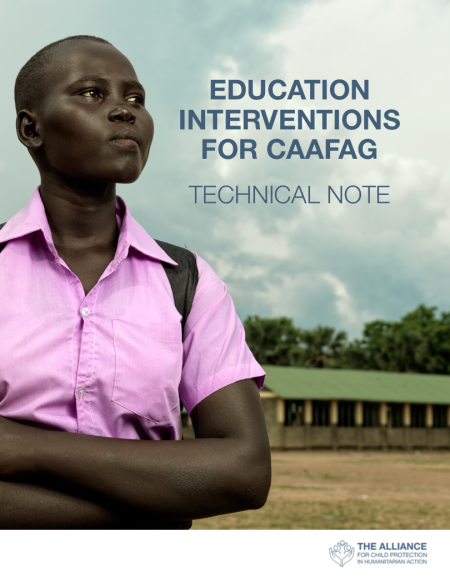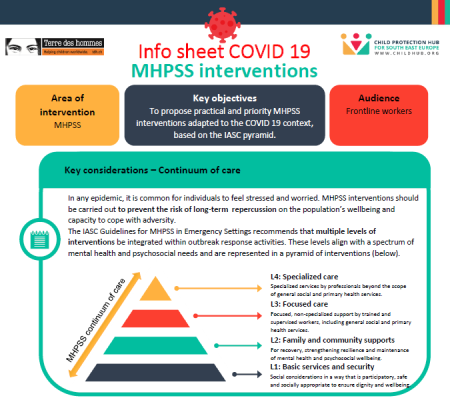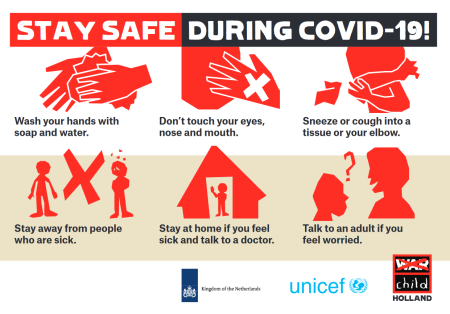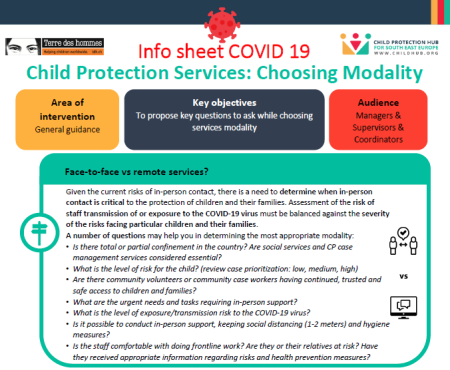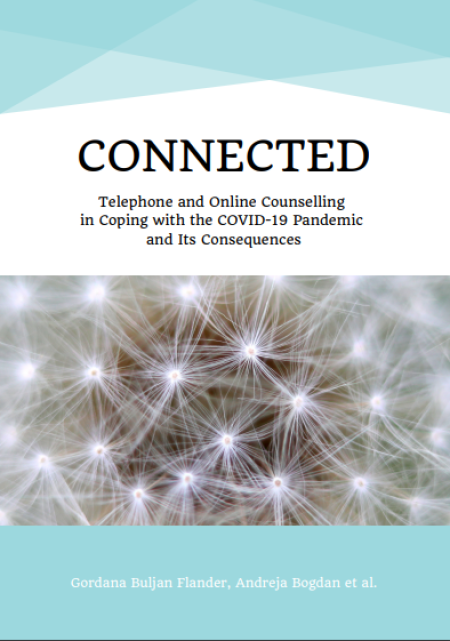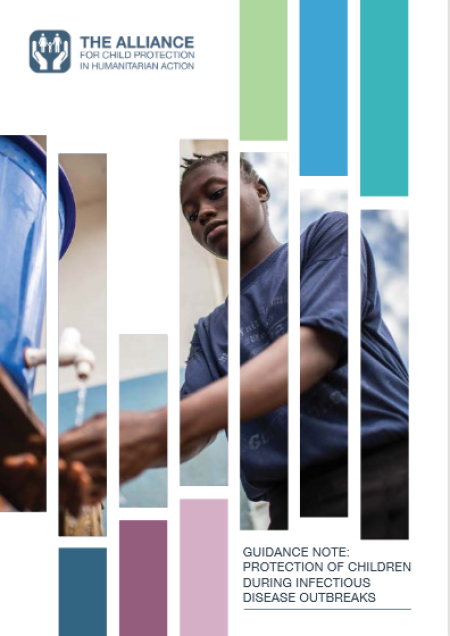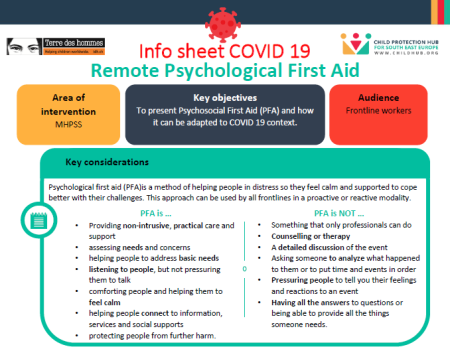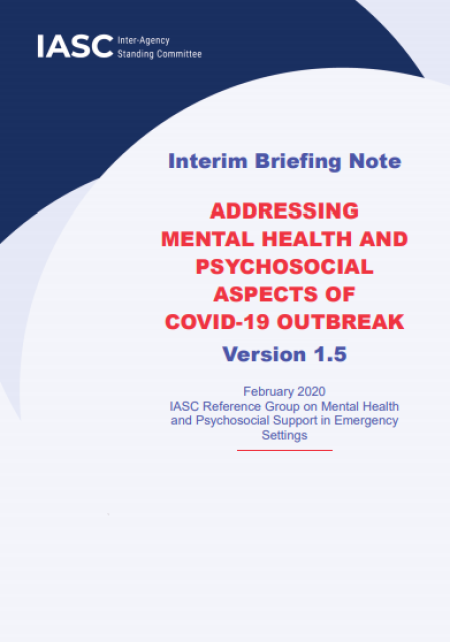
Global organizations including WHO, UNICEF and UNESCO have prepared a technical note pack about protecting children online. The pack contains five sections with relevant resources leading to more information on each topic. Here is a summary of their expert advice:
- First and foremost, children should be using channels that are age-appropriate. They should be taught to seek out help and support while online, and have enough internet literacy to make safe choices. Everyone should have the possibility to access the internet.
- Parents or caregivers should be trained in recognizing online risks and how to help child victims.
- Schools should provide mandatory training for teachers and use protection systems for their platforms/networks.
- The industry, as a key actor, should scan technology to ensure users are not exposed to online threats. It should share COVID-19 health info and make sure there are enough referral services and helplines for free.
- Governments should collect data on children’s conditions and take the right measures to improve their situation through ensuring the implementation of special laws to protect them.

You might like..
0
2
COVID-19 is quickly changing the context in which children live. Prevention and control measures such as school closures (as announced or implemented in 100 countries) disrupt children’s routine and support structures. This can leave children…
0
16
The Alliance for Child Protection in Humanitarian Action has developed the Technical note for the CP during COVID - 19 in order to support child protection workers in their efforts to respond to CP under these unusual circumstances.
It is…
0
64
Recently, UNICEF released a technical note with some of the risks that children may face during COVID-19. They also highlighted the essential actions to take to secure children’s online experience.
Possible…
0
342
This infographic is based on the ECDC technical report on COVID-19 in children and the role of school settings in COVID-19 transmission.
0
32
Infectious diseases like COVID-19 can disrupt the environments in which children grow and develop. Disruptions to families, friendships, daily routines and the wider community can have negative consequences for children’s well-being, development and…
0
20
Attitudes towards COVID-19 preventive measures have been shared by 1618 U-Reporters from Kosovo in the most recent U-Report poll.
See the infographic to learn more about the results.
yes
0
143
This infosheet proposes key considerations and TIPS when implementing Case management during COVID19.
You will find the key informations regarding:
Guiding questions to determine the most appropriate modality: face-to-face versus remote Case…
0
9
The ‘Education interventions for CAAFAG’ Technical Note is based upon an extensive desk study, key informant inter- views with 23 practitioners from a range of roles, including in Child Protection and Education, as well as technical in- put from the…
yes
0
102
This infosheet proposes an overview of practical and priority MHPSS interventions adapted to the COVID 19 context, based on the IASC pyramid.
You will find the following informations:
Key considerations: Continuum of care, Psychosocial wellbeing…
0
1457
Poster for families on how to stay safe during the COVID-19 pandemic.
yes
0
21
This infosheet proposes key questions to ask while choosing services modality.
You will find the following informations:
Questions to determine the most appropirate modality;
Ethical considerations;
A decision flowchart;
Questions to determine the…
0
197

During the pandemic (and few strong earthquakes), Zagreb Child and Youth Protection Center produced over 250 useful materials (publications, books, workbooks, leaflets, educational texts, press releases to educate the public, webinars, etc.). They…
0
9
Infectious disease outbreaks are getting more frequent in the past 40 zears. Globalisation and the increased movement of people meant the potential spread is also bigger. Outbreaks may arise during humanitarian crisis, as these cause widespread…
yes
0
462
This infosheet presents shortly Psychological First Aid (PFA) and how it can be adapted to COVID 19 context.
You will find the following informations:
Key considerations regarding PFA;
Who can benefit from PFA in the context of COVID 19;
How to…
0
47
This briefing note was developed by the Inter Agency Standing Committee Reference Group for Mental Health and Psychosocial Support in Emergency Settings and summarises key mental health and psychosocial support (MHPSS) considerations in relation to…

